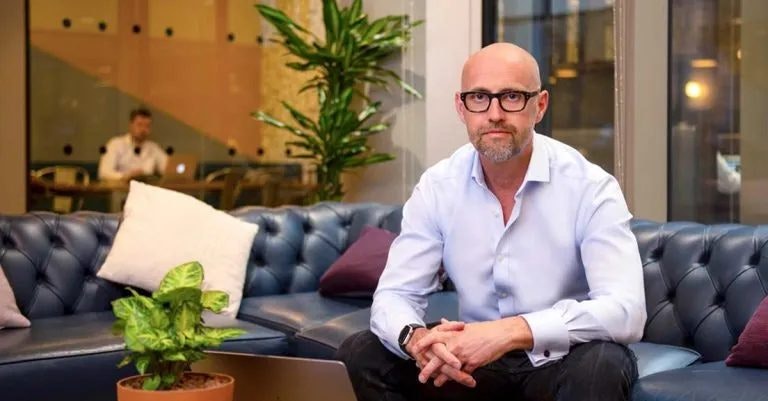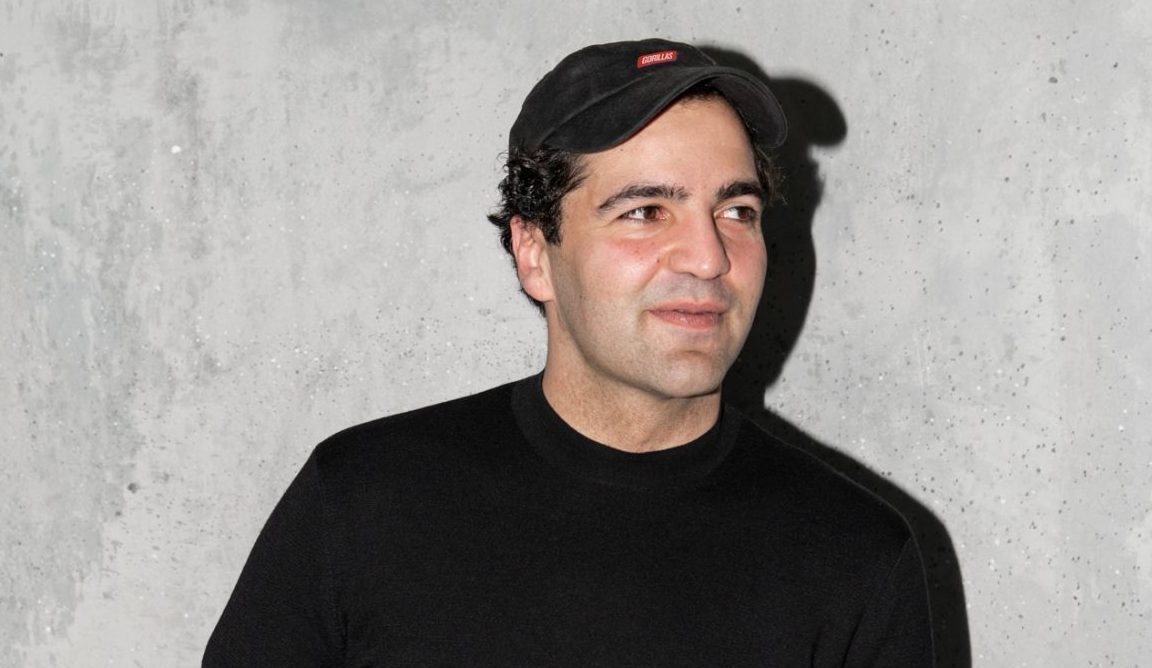Prominent members of the tech elite have made no secret of their desire to live forever.
The US has taken the lead: American software entrepreneur Bryan Johnson has spent billions of dollars trying to reverse the ageing process. But Europe has its longevity proponents too: German billionaire Christian Angermayer is a prolific investor in longevity startups.
In the third quarter of 2023, the US contributed to 65% of all deals in the longevity sector, a report revealed, but Europe is getting involved as well. France and Switzerland made up 23% of total deals, with the UK at 5%.
Phil Newman, founder of longevity investment brokerage First Longevity and editor-in-chief of Longevity.Technology, says that family offices are particularly interested in the sector.
“I’ve met with many European family offices looking to get into longevity investing and they are investing in funds as well as making direct investments,” he tells Sifted.
“Longevity fits very well with their ESG goals, but also they see the benefit to their family office patriarchs and matriarchs as well as their younger generations.”
So what are these longevity investors betting on?
A major area of focus is longevity clinics. In 2024, at least three are due to launch in Europe: Maximon’s Ayun in Zurich, longevity VC Apollo Health’s clinic in Germany and another is due to open in Stockholm.
“I hear about two or three new longevity clinics every week, this is a significant part of the longevity economy with companies hitting revenue quickly,” Newman says.

As for companies to keep an eye on, Newman previously cited diagnostics startup Neko Health, founded by Spotify founder Daniel Ek and Hjalmar Nilsonne.
Ek’s body scanning clinic is working on preventative care, but the line between preventing illness and extending life is a fine one.
Longevity vs preventative care
Longevity research focuses mainly on how human cells deteriorate with age and how that can be reversed so that we won’t get age-related diseases. Preventative care is focused more on finding diseases that humans suffer from and treating them before they occur.
An average of 3% of healthcare budgets in Europe are set aside for preventative care, so of the two sectors, it certainly receives the most government investment. Also, for the majority of VCs, longevity is still too controversial.
“Longevity is too early for us to invest in,” one early-stage healthtech investor told Sifted in early 2023.
But that doesn’t stop venture capitalists from investing in longevity supplements and treatments for themselves.
Numerous generalist investors have in the past few years told Sifted that they are either taking cell-improvement supplements such as NMN, NAD+ and spermidine or are open to stem cell treatments.
Johnson, 45, is one of them.
He has set himself the goal of becoming 18 again. Earlier this year, he posted on social media that he had been injected with “young Swedish stem cells” via Swedish startup Cellcolabs. The company is working on the mass production of stem cells and is also giving stem cell treatments to wealthy people in the Bahamas. It hopes to significantly bring down the costs of stem cell treatment.
Stem cells can be used both to treat age-related diseases such as arthritis and to clean clogged bloodstreams.
The ones to show the way
So if European investors want to live longer, healthier lives, are we set to see a boom in longevity startups in 2024?
Probably not. Most of the research still has a long way to go before it can show that it works on humans (not only mice) and so far, there are human guinea pigs that dare to take a bet on the fact that it works.
What the longevity field needs is less controversial — and more credible — investors.
Enter Danish Novo Holdings, the largest company in Europe, and the holding company of Novo Nordisk behind ‘miracle drugs’ Ozempic and Wegovy.
“The longevity sector is very excited about Semaglutide, sold under the brand names Ozempic and Wegovy. The success of this drug shows the potential for preventative therapies for ageing diseases,” says Newman.
“The company [Novo Nordisk] has stated that it will invest more into ‘transformational prevention’ and I see this as a tipping point for longevity biotechs that are building clinical assets that will be bought out by big pharma ultimately,” he says.
What about the mainstream?
For most of us, longevity clinics and treatments aren’t a viable option (yet).
The most affordable longevity clinics are still around €460 a month, but having stem cell treatment in the Bahamas could set you back about $20k, not including the plane ticket and accommodation.
Cheaper options include monitoring gut health with Zoe, which has a test kit for €300, or blood sugar levels with Finnish startup Veri for €139 per month. DNA analysis in combination with blood samples can also give people visibility of heredity illnesses and areas of concern. Longevity supplements won’t break the bank either.

For Angermayer, the longevity puzzle will ultimately be solved by a single breakthrough — but not yet.
“There will be this one magic year, where we will lose one calendar year by ageing but we win more than one year back. You want to be alive when this escape velocity happens,” he said on stage at Sifted Summit in October.
Until then: sleep, exercise, a social life, good eating habits and staying away from alcohol may be the way forward in 2024.
And perhaps try a cryo chamber (-85 degrees Celcius) just to feel alive.


